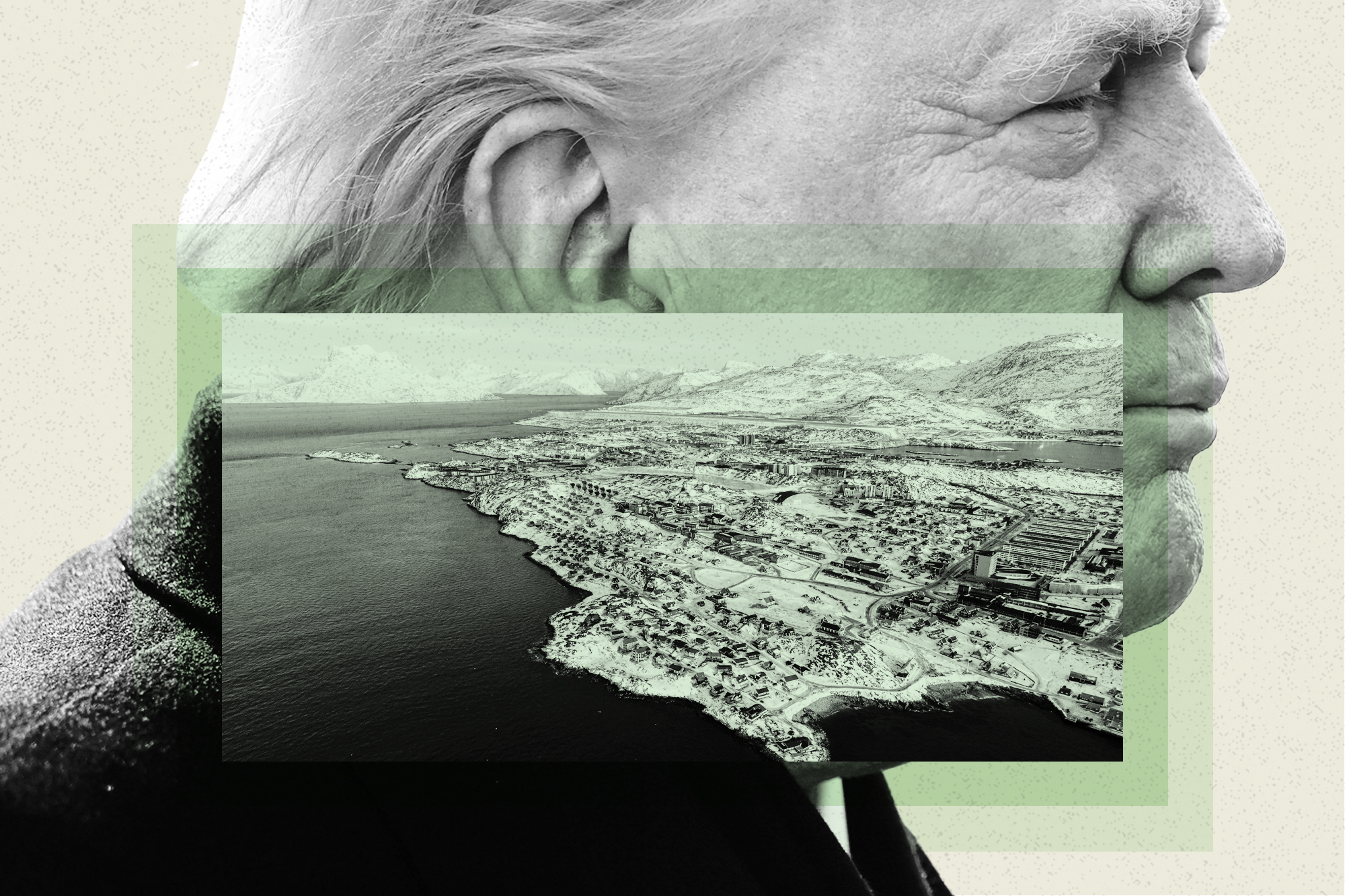
The future of the European Union’s controversial “Chat Control” law hinges on Germany’s forthcoming decision. As the EU Council prepares for a vote, Germany’s stance may determine whether the regulation, aimed at combating child sexual abuse online, will be enacted. Proposed by Denmark, this law mandates that messaging services like Telegram, WhatsApp, and Signal must allow regulators to screen messages before they are sent, effectively undermining their encryption.
The regulation, formally known as the Regulation to Prevent and Combat Child Sexual Abuse (CSA), was initially introduced in 2022 by former European Commissioner for Home Affairs Ylva Johansson. Its primary objective is to tackle the dissemination of online child sexual abuse material (CSAM). Despite garnering support from legislators in 15 EU member states, this coalition does not yet represent the required 65% of the EU population necessary for the bill to pass.
Germany’s position is particularly pivotal. With a population of approximately 83 million, its backing would increase the number of citizens represented in favor of the legislation to roughly 322 million, or 71% of the EU’s total population. Currently, six countries, including Germany, remain undecided, according to the activist group Fight Chat Control.
Among these undecided nations, Germany’s influence is significant. The potential ramifications of this law on privacy rights in Europe are considerable. The Bundestag, Germany’s federal parliament, has shown a split opinion on the matter, with many Members of the European Parliament (MEPs) expressing opposition to the draft law. Leaked documents from a July 11 meeting indicate that opposition spans across political lines, affecting both the center-left Bündnis 90/Die Grünen and the far-right Alternative für Deutschland.
Concerns extend beyond German borders, with civil rights advocates raising alarms over the implications of such surveillance measures. Emmanouil Fragkos, a MEP from the right-wing Greek Solution party, has criticized the law, stating that it raises “grave concerns about the respect of fundamental rights in the EU.” This sentiment is echoed by various civil society organizations, who argue that the law could pave the way for increased state surveillance and a potential erosion of democratic freedoms.
The law’s critics argue it could jeopardize the efficacy of encryption technology. Fragkos elaborated that creating mandatory gaps in encryption would expose users to risks from cybercriminals and hostile states. The FZI Research Center for Information Technology, a nonprofit IT research organization, released a position paper last year opposing Chat Control. While acknowledging the intention behind the law, the paper warned that its implementation could weaken user privacy rights and compromise encryption.
As the EU Council’s vote approaches, the stakes are high. On one side, proponents argue that the regulation is essential for child protection. On the other hand, opponents contend that it would infringe upon the privacy of millions. Sascha Mann, a policy advocate for digital rights at Volt Europa, stated that the law could hinder law enforcement efforts by generating excessive false positives, consuming valuable resources that could be better directed elsewhere.
In a letter signed by over 400 scientists from various research institutions, the potential for false positives was further emphasized. The letter indicated that existing detection methods would yield unacceptably high error rates, undermining the law’s intended effectiveness.
As the October 14 vote approaches, the European Parliament faces a critical juncture. The outcome will not only affect the landscape of digital privacy within the EU but also shape the future of online communication and user rights in an increasingly digitized world. Whether the concerns raised by civil society and experts resonate with undecided lawmakers remains to be seen. The next few weeks will be crucial in determining the balance between safeguarding children online and preserving privacy rights across the continent.






